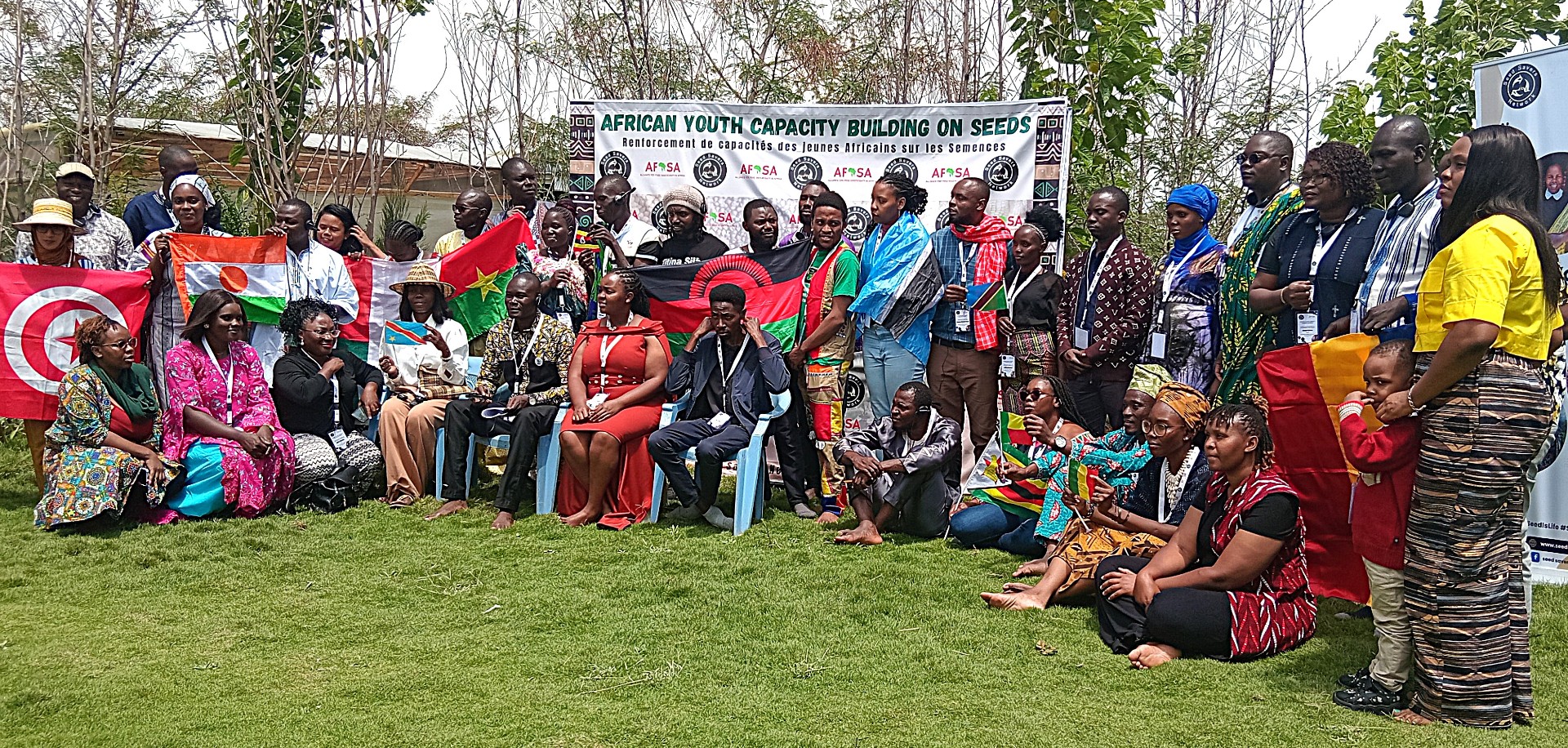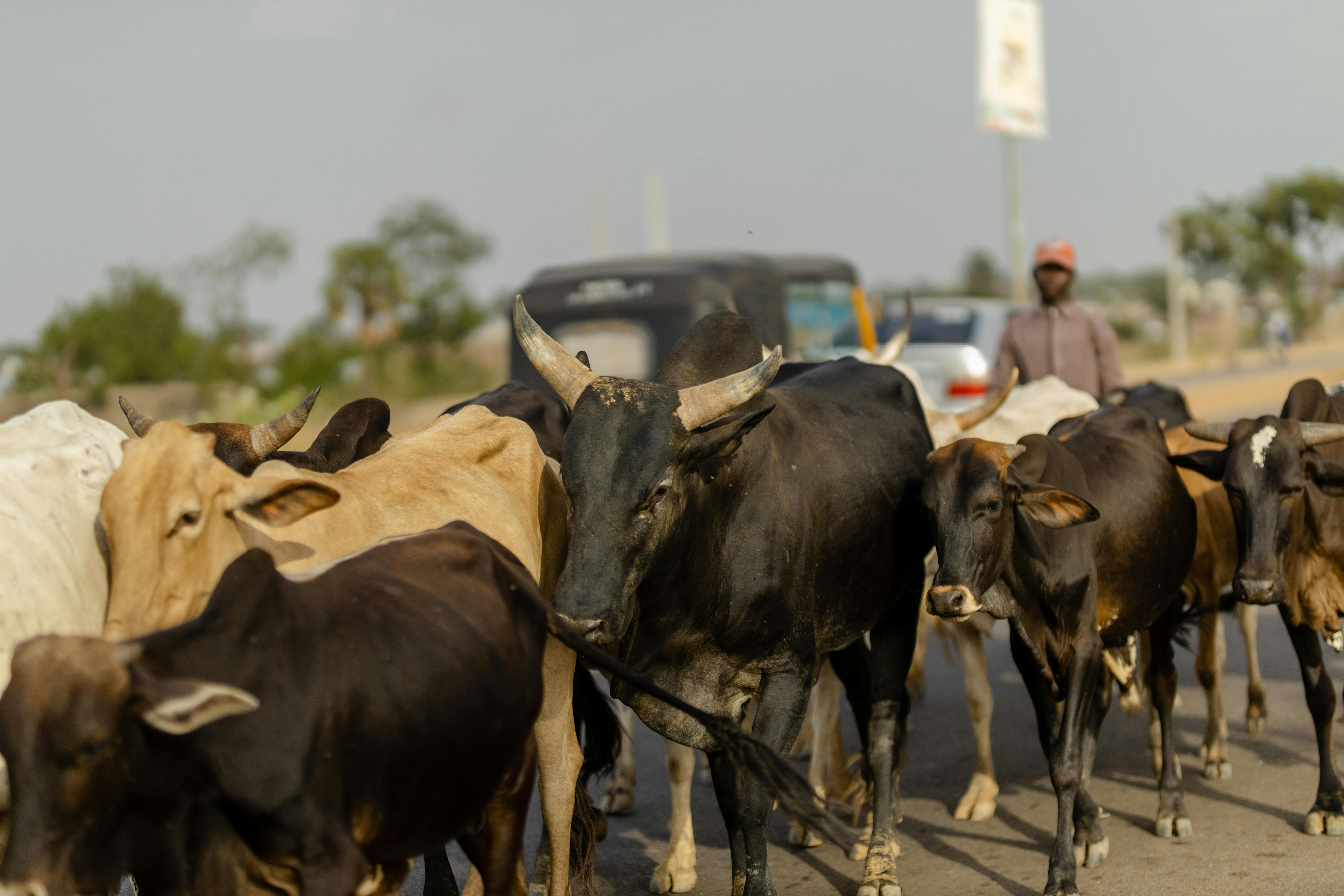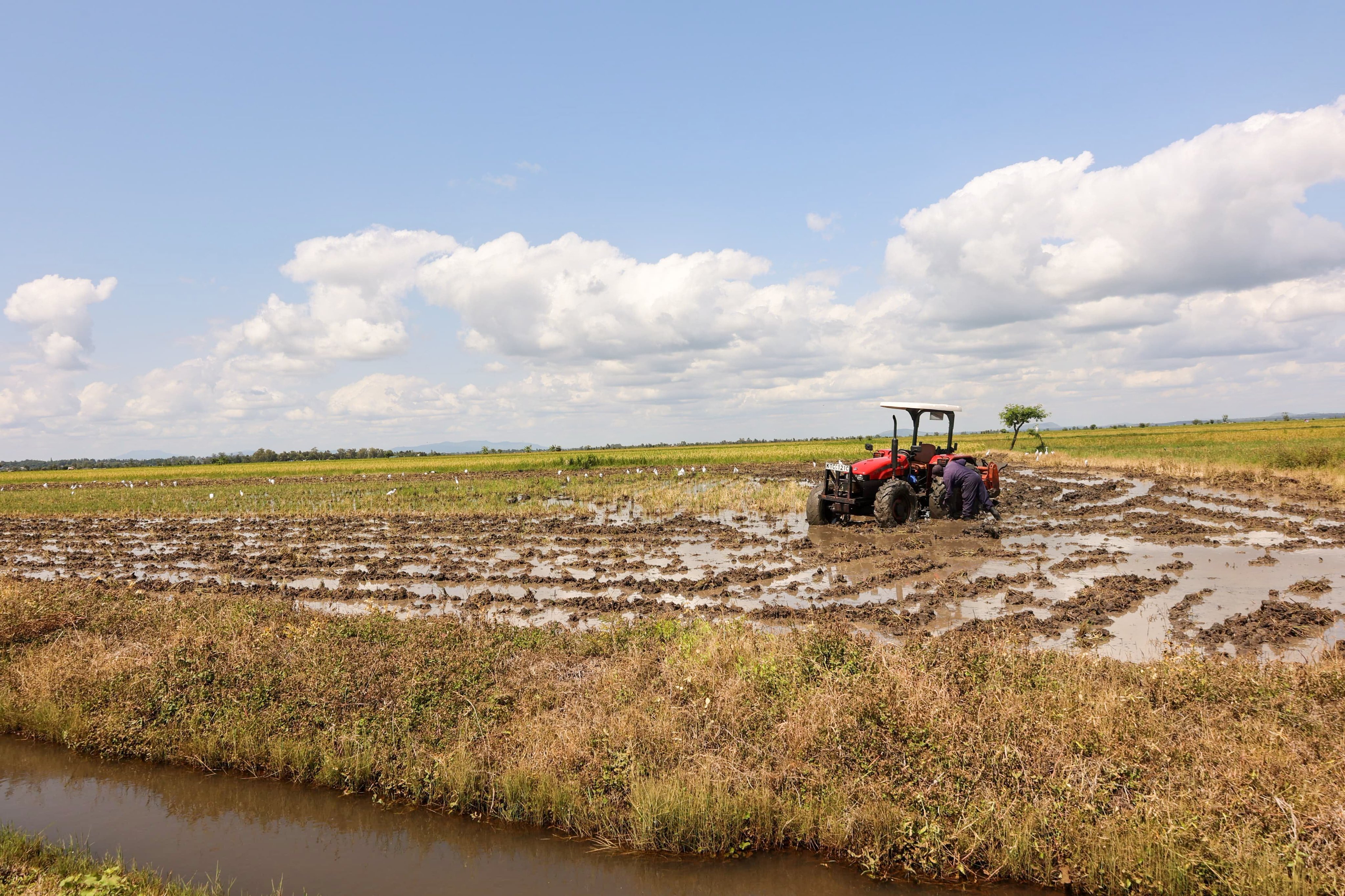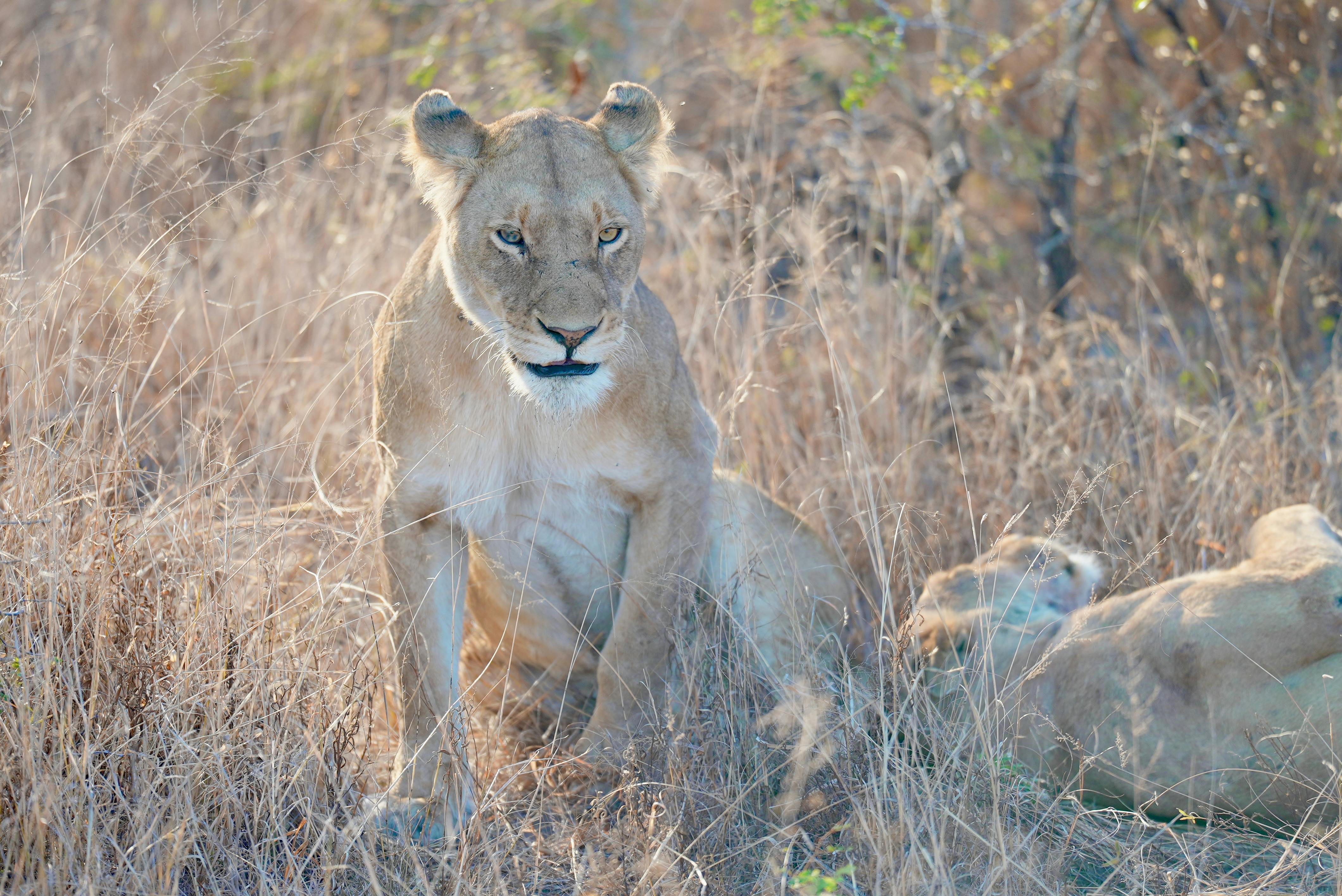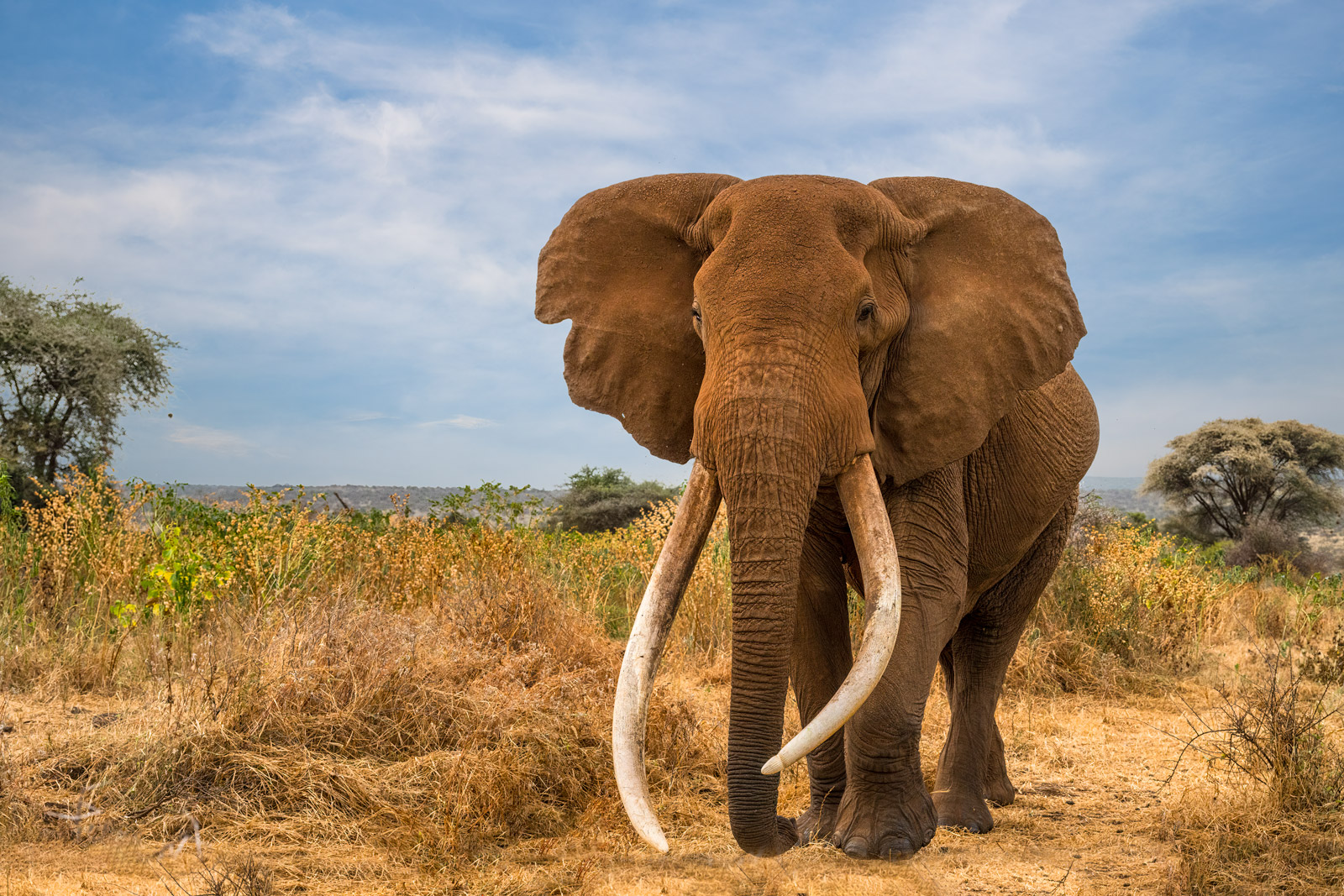- In Nakuru County, the Seed Savers Network's headquarters thrummed with excitement as youth delegates from over 20 African nations convened for a five-day conference that ended on 15th August 2025.
Their objective was ambitious: to advocate for Africa's native seeds and safeguard the continent's food sovereignty against the growing influence of stringent seed regulations and global corporations.
In Nakuru County, the Seed Savers Network's headquarters thrummed with excitement as youth delegates from over 20 African nations convened for a five-day conference that was launched on August 12, 2025.
Their objective was ambitious: to advocate for Africa's native seeds and safeguard the continent's food sovereignty against the growing influence of stringent seed regulations and global corporations.
The meeting, organized in partnership with the Alliance for Food Sovereignty in Africa (AFSA), united farmers, activists, and emerging leaders devoted to safeguarding the genetic resources that have supported communities for years. Central to the discussion was a fundamental yet impactful belief—those seeds represent life.
Read More
In his speech, Daniel Wanjama, the CEO of Seed Savers Network, called on African governments and regional organizations to acknowledge the vital importance of seeds in ensuring food security and promoting economic empowerment.
“At the local, regional, and continental levels, we must ensure the freedom to access genetic resources, and be able to use these resources to build enterprises and bring products to the market. Seeds feed us, they sustain us, and they represent our freedom,” Wanjama said.
He expressed disapproval of international treaties like the Union for the Protection of New Varieties of Plants (UPOV), claiming that they enforce foreign regulations that put African farmers at a disadvantage.
“These laws do not originate from Africa, they come from big countries and corporations sending their influence across the continent to suppress farmers’ seeds so they do not compete in the market. That is not right,” Wanjama noted.
Awa, from Senegal who is also affiliated with AFSA in West Africa, emphasized to the attendees that the participation of younger individuals is essential for achieving sustainability.
“We cannot talk about sustainability without youth, agroecology is more than a practice—it is a spirit, a movement. We must hand over to the next generation what we got from our ancestors. Including youth in this movement ensures both sustainability and continuity,” Awa said.
She urged African leaders, at both national and continental scales, to back agroecology and oppose the privatization of agriculture. Gay stated that multinational companies are progressively seeking control over seed systems, endangering food security and the wellbeing of communities.
“When someone is controlling your seed, they are controlling what you eat and even your health, we need our decision-makers—our governments, our ministers, and the African Union—to stand with farmers, protect their rights, and fight against the takeover of our seed systems by multinationals,” she said.
Lucy Akulo, youth from Northern Uganda, a farmer in Lira District, explained how her community has maintained seeds over generations using traditional techniques.
“Here at Seed Savers, it’s interesting to see so many traditional seeds. As a Ugandan, my interest is on seed saving. I want to ensure that the seeds planted today will also be used by my children and grandchildren,” Akulo said.
She described how her community preserves sesame (simsim) seeds in earthen containers that are lined with moringa seeds, which aid in controlling moisture and prolonging the seeds’ viability.
.jpg)
“My own grandmother used to do that, and the seeds would survive for up to three years. These are methods that keep our heritage alive,” she said.
Akulo also emphasized the importance of organizations like the National Organic Agricultural Movement of Uganda (NOGAMU) and the Lira Organic Horticulture and Grains Cooperative Society in promoting organic farming.
“Seed is life. Seed is our food, our future, and the way we should live, many people do not know that seeds can live for 100 years—we must advocate for this knowledge to be shared across Africa,” she stressed.
During the forum, a common worry surfaced: the growing privatization of agriculture and the diminishing rights of farmers. Attendees contended that although over 80 percent of seeds utilized in Africa are sourced from farmers, numerous countries still prioritize the interests of commercial seed firms.
For the emerging leaders in Gilgil, this disparity needs to be addressed. They committed to enhancing youth participation in policy advocacy, opposing seed laws that penalize traditional seed saving, and advocating for agroecology as a sustainable alternative to industrial farming.
“Young Africans, must stand together in our commitment to protect our seeds, they nourish us, provide for us, and are the cornerstone of our liberty.” Wanjama asserted in his concluding statements.
The forum concluded with a plea for African governments and the African Union to advocate for farmers' rights, enhance local food systems, and protect indigenous seeds as a communal heritage instead of a commodity dominated by corporations.
For those who journeyed from various parts of the continent, the message was unmistakable: the battle for Africa's seeds represents the battle for Africa's future.

